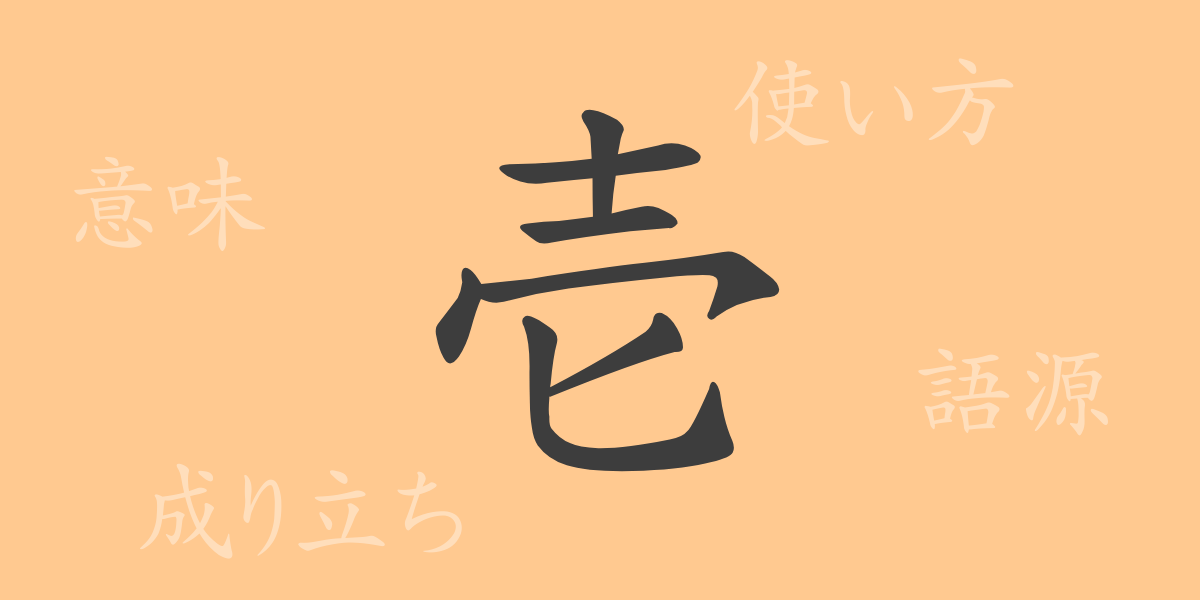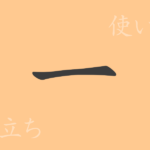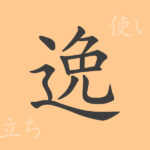“
The depth of Japanese written culture, with its rich history spanning over a thousand years, centers significantly around Kanji characters. Among the commonly used Kanji, some appear frequently in daily life, while others are used more specifically in certain contexts. This article focuses on the Kanji ‘壱’ (Iti), exploring its origins, meanings, applications, and its role in phrases and proverbs, delving into its allure.
Origins of 壱 (Iti)
The Kanji ‘壱’ is a numeral variant of ‘一’, primarily used in financial and official documents to denote the number one in a more formal and tamper-resistant manner. Originating from ancient China, various numerals were created to prevent alteration, with ‘壱’ being one of them, initially representing the act of throwing clothes.
Meaning and Usage of 壱
‘壱’ corresponds to the number one but is used distinctly from the common counting system. It is specifically utilized in formal documents such as cheques, receipts, and contracts to denote monetary amounts. This usage ensures the formality and security of financial documents against fraud and alterations.
Readings, Stroke Count, and Radical of 壱
The Kanji ‘壱’ has unique readings and structural features:
- Readings: On’yomi (Sino-Japanese reading) is ‘Iti’, with no specific kun’yomi (native Japanese reading).
- Stroke Count: ‘壱’ has a total of 7 strokes.
- Radical: The radical for ‘壱’ is ‘士’ (samurai).
Phrases, Idioms, and Proverbs Involving 壱
‘壱’ is often used in phrases and idioms emphasizing money or quantity, primarily in formal or financial contexts. For example, ‘壱萬円’ (Itimanen, ten thousand yen) is commonly seen in legal or financial documents. ‘壱番’ (Itiban, number one) is synonymous with ‘一番’ but is rarely used in modern contexts.
Conclusion on 壱
This exploration of ‘壱’ reveals a Kanji that, while seemingly simple like ‘一’, holds a distinct presence in its cultural and contextual use. Its importance in financial and legal documents remains unchanged today, symbolizing the profound depth of Japanese written culture. The next time you encounter ‘壱’, consider its extensive history and significance.
“

























